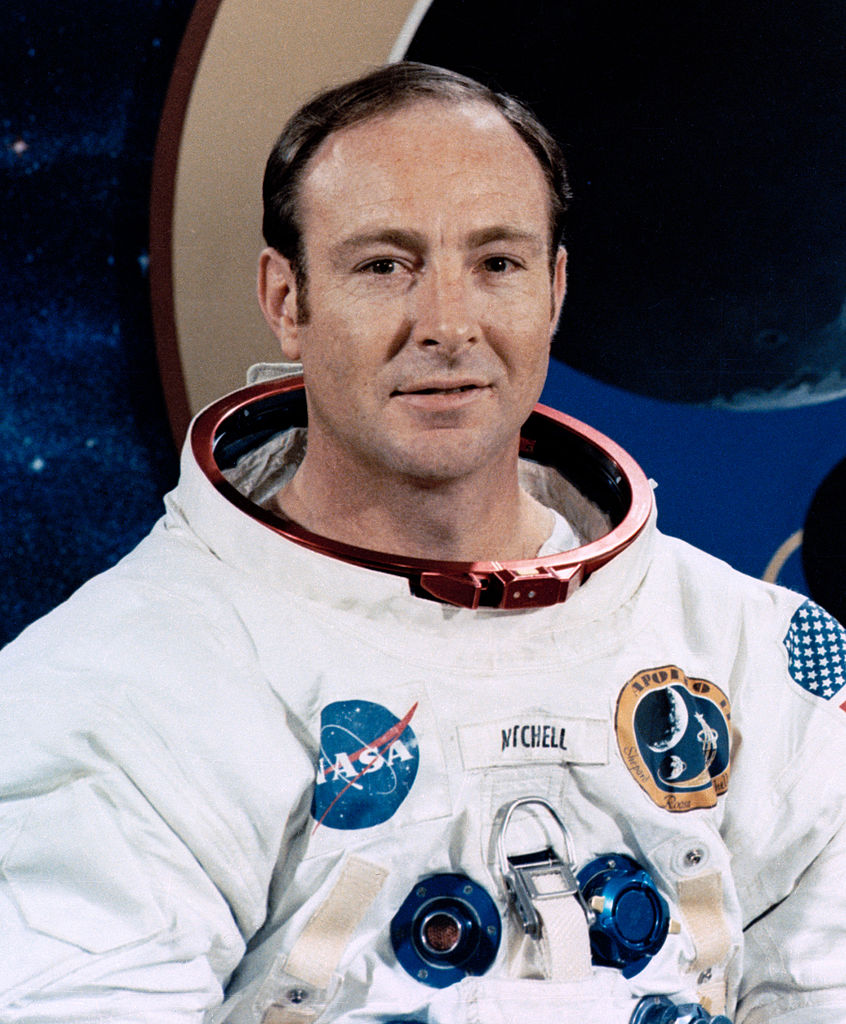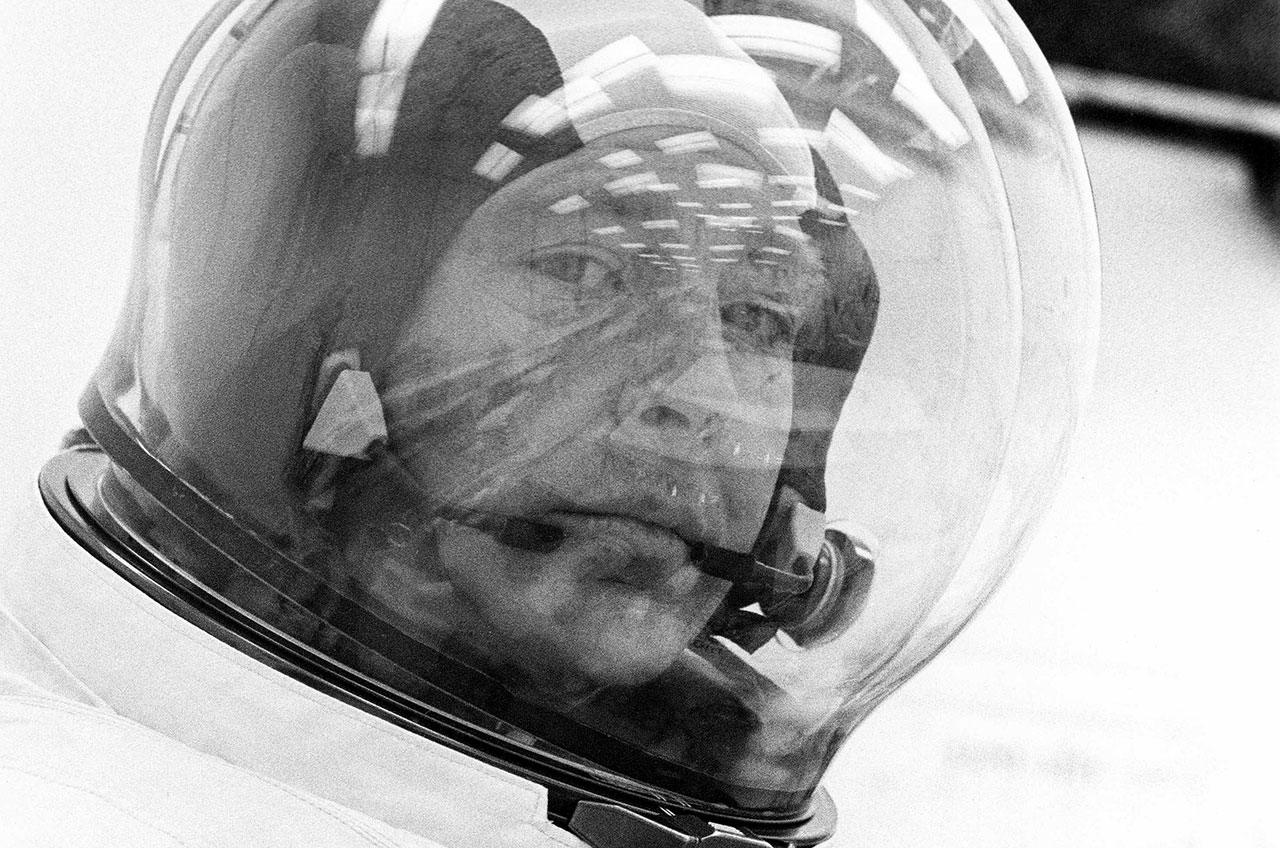Humans have long been fascinated by the enigmatic lure of the universe beyond our earthly realm, a vast expanse filled with cosmic wonders and celestial mysteries.
Among those privileged enough to venture into space, Apollo 14 astronaut Edgar Mitchell holds a unique place. Known as much for his contributions to lunar exploration as for his often controversial post-Apollo assertions, Mitchell’s life trajectory illustrates a complex interplay of verifiable science and conjecture that provokes thought and invites scrutiny.
After a momentous journey to the Moon in 1971 as the sixth man to walk the lunar surface, Mitchell’s subsequent descent into the realm of conspiracy theories has been viewed by many as an unfortunate departure from the grounded world of empirical science.
His latest assertions in an interview with the Mirror Online are no exception, claiming that extraterrestrials visited Earth during the Cold War to avert a nuclear showdown between the United States and the Soviet Union.
He references the famous White Sands Missile Range facility in New Mexico, where the world’s first atomic bomb – Trinity – was tested on July 16, 1945.

“White Sands was a testing ground for atomic weapons – and that’s what the extraterrestrials were interested in,” he said. “They wanted to know about our military capabilities. My own experience talking to people has made it clear the ETs had been attempting to keep us from going to war and help create peace on Earth.”
Mitchell’s hypothesis centers around the White Sands Missile Range facility in New Mexico, known for the detonation of the world’s first atomic bomb, Trinity, in 1945.
He contends that this testing ground for atomic weaponry piqued the interest of extraterrestrials, propelling them to intervene in our military affairs and promote peace on Earth.
This assertion, backed by claims that unnamed Air Force officers informed him of frequent UFO interference with their missiles, presents a striking departure from conventional beliefs.
While skeptics, such as UFO expert Nigel Watson, have dismissed such claims as mere fantasy and speculation, the discourse ignited by Mitchell’s theories serves to highlight the enduring fascination humanity harbors for the unknown.

After all, what could be more tantalizing than the prospect of interstellar neighbors invested in our planet’s peace and well-being?
Nonetheless, it’s important to acknowledge that Mitchell’s journey to the Moon wasn’t purely a platform for spinning fantastic tales of extraterrestrial intervention. Apollo 14, the eighth manned mission of NASA’s Apollo program, holds its own significant place in our history of lunar exploration.
Under the leadership of Commander Alan Shepard, Mitchell and his crew spent over 30 hours on the lunar surface, amassing a remarkable 45 kilograms (approximately 100 pounds) of lunar samples and conducting valuable scientific activities.
This mission was not without its lighter moments either.
Shepard’s whimsical act of hitting a golf ball on the Moon’s surface, followed by Mitchell’s mock javelin throw with a lunar scoop handle, are testament to the human spirit’s ability to find joy in even the most arduous of circumstances.

However, the marked contrast between Mitchell’s distinguished career as an astronaut and his subsequent dive into the world of conspiracy theories is hard to ignore.
In the face of such discrepancy, one is left wondering how a man of science could so seemingly shift his perspective towards the speculative.
Although Mitchell’s assertions may be dismissed by many as unfounded conspiracy theories, it’s crucial to remember that such theories often emerge from a wellspring of curiosity and fascination with the unknown.
Perhaps in some sense, Mitchell’s theories represent an extension of the same thirst for exploration and understanding that originally propelled him to the Moon.
In conclusion, it’s our collective hope that Mitchell’s story will continue to provoke dialogue, thought, and exploration.
May we continue to question, explore, and reach for the stars, grounded by scientific rigor and fueled by the undying human spirit.